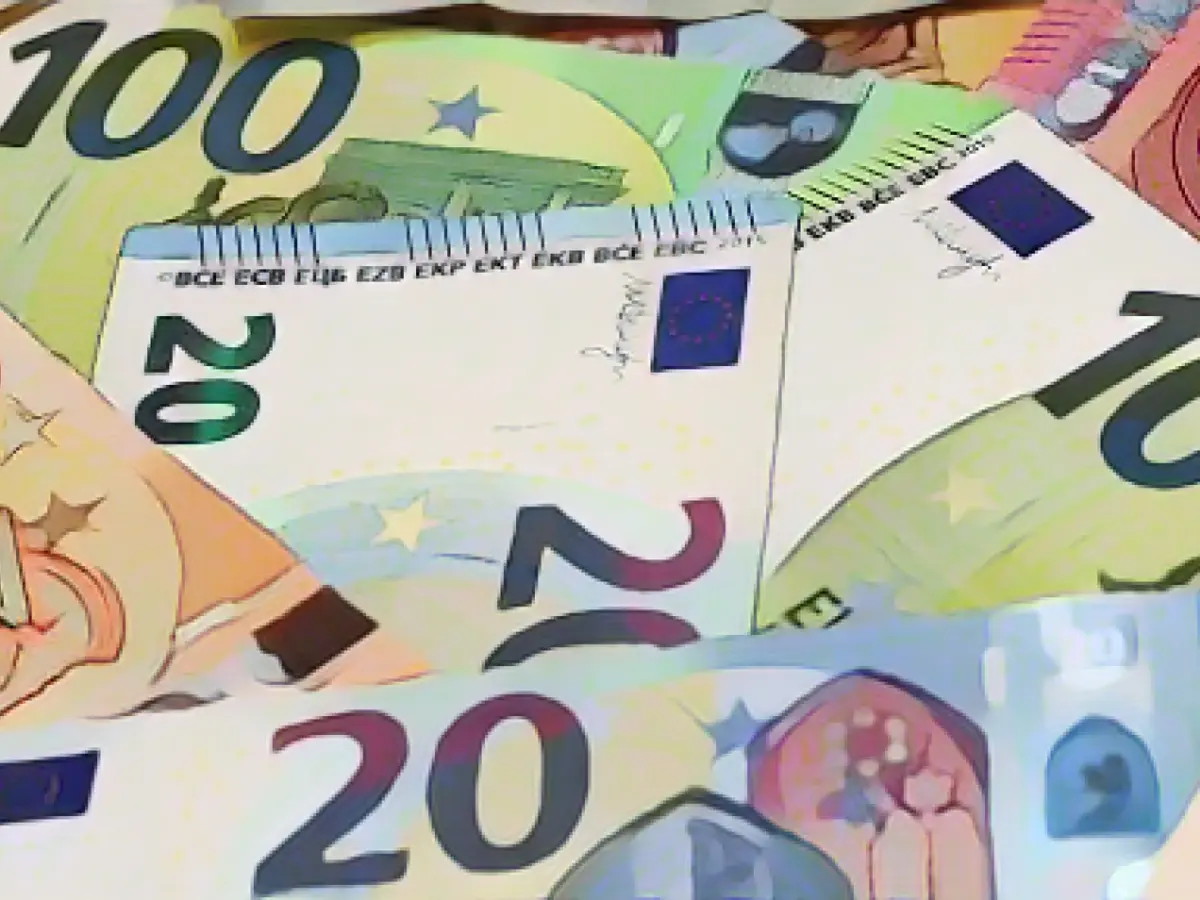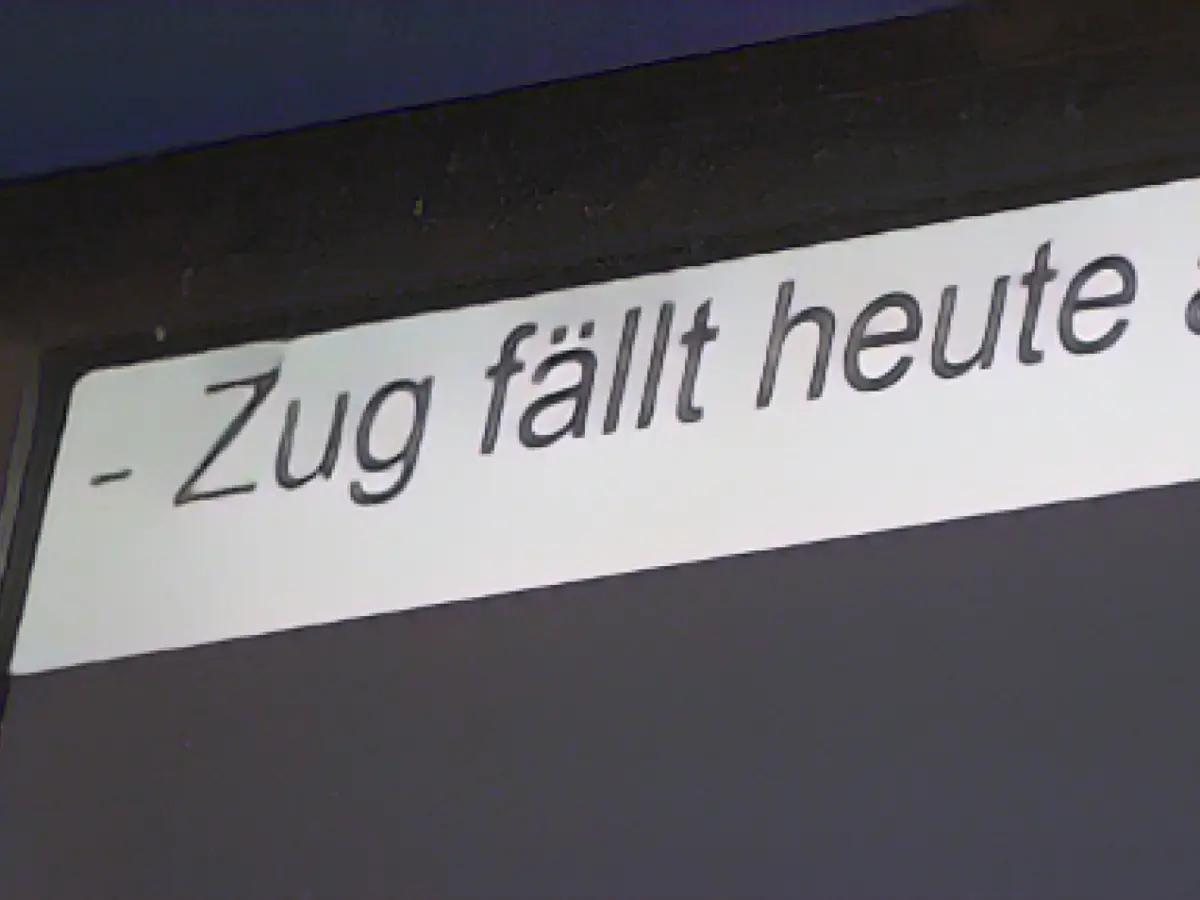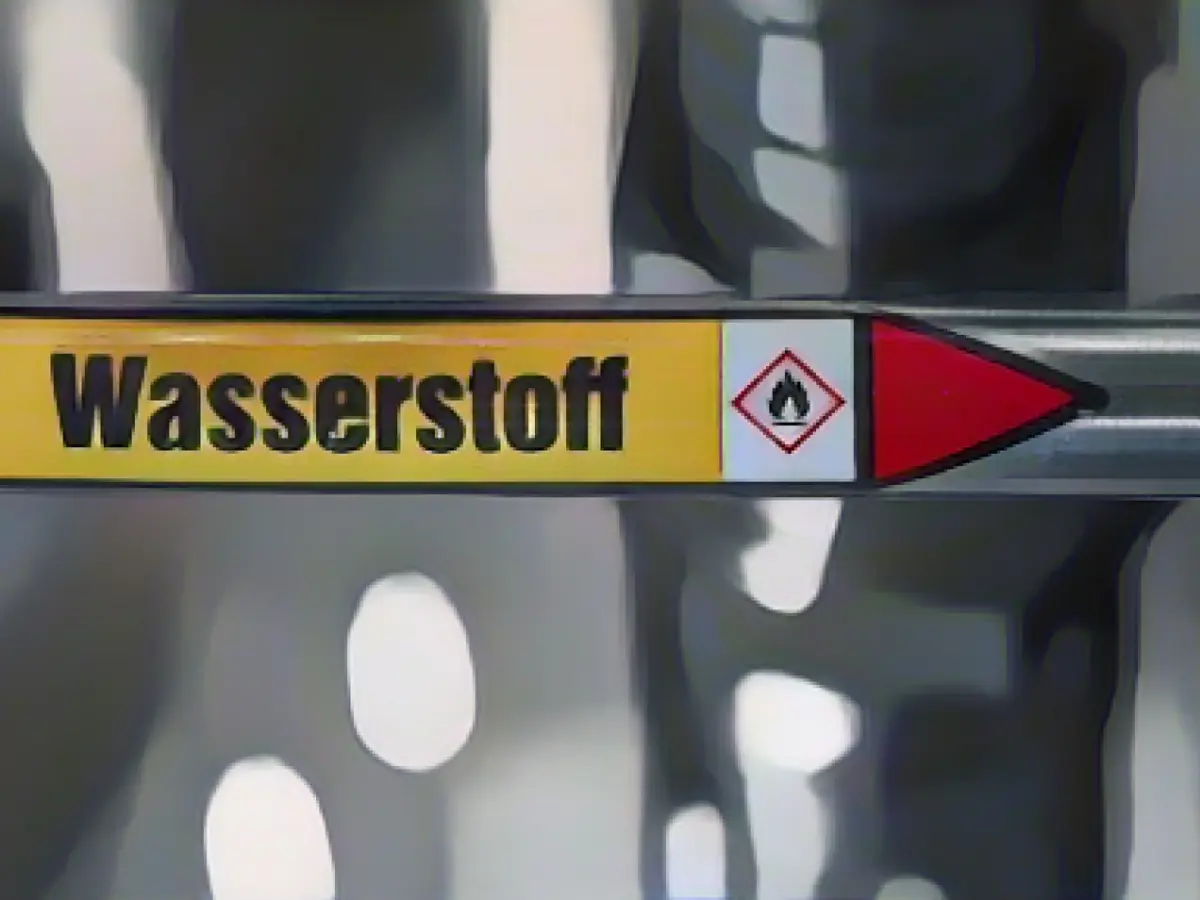In the wake of the federal budget freeze, funding worth over 50 million euros for Saxony-Anhalt's businesses and infrastructure projects has been put on hold. As a result, 28 out of 62 proposed company approvals have yet to be granted, causing concern among local economic leaders. Economics Minister Sven Schulze (CDU) admitted that this financial roadblock is negatively impacting the region's economy.
The halted GRW funding – designed to boost private sector investment and infrastructure development – could present significant challenges to ongoing projects, particularly since these subsidies represent a substantial portion of the region's overall investment budget. Despite the obstacles, Minister Schulze remains optimistic about a potential resolution between the federal government and the federal states to expedite the release of funds.
It's essential to recognize that the freeze on GRW funding is not directly tied to the federal budget or debt brake luxury tax. Rather, this funding primarily relies on specialized state and federal programs. However, broader economic and political instability related to the debt brake crisis could indirectly impact sectors like Saxony-Anhalt, influencing factors such as long-term investment, business prospects, and fiscal policies impacting renewable energy and sustainability projects.
The Indirect Consequences
The potential indirect consequences of the budget crisis could be far-reaching, affecting investment, long-term investors, and sustainability projects in various ways:
Delayed or Cancelled Projects
Businesses and infrastructure projects reliant on GRW funding could face delays or cancellations, impacting operations and investor confidence. Uncertainty about funding sources could hinder the region's green energy transition, as seen in projects like the ENOVA Value and Prokon partnership.
Reduced Investment
Uncertainty regarding GRW funding could dissuade long-term investors, as they prioritize stable, predictable regulatory environments. This reduced investment could inhibit the growth of sustainability projects, which heavily rely on stable funding mechanisms.
Increased Costs and Risks
Businesses and infrastructure projects might need to seek alternative, more expensive sources of funding, affecting their competitiveness and profitability. The upfront costs of repowering wind turbines could become prohibitive, resulting in slower green energy transitions.
Job Market Instability
Uncertainty and potential project delays could lead to job losses in the renewable energy sector, with broader economic ramifications affecting consumer spending and overall economic growth. Construction projects, in particular, may face labor shortages.
Regulatory Uncertainty
The lack of clear guidelines on GRW funding could lead to a freeze in investment decisions, making it challenging for businesses and projects to plan and commit to new ventures. Sustainability projects depend on a stable regulatory framework to thrive, but uncertainty surrounding GRW funding can undermine investor confidence and project viability.
To mitigate these challenges, Saxony-Anhalt could diversify funding sources, offer investment incentives, foster public-private partnerships, and ensure policy clarity. By doing so, the region can minimize the impact of the federal budget crisis on businesses and infrastructure development, thereby supporting its green energy transition and sustainability goals.








